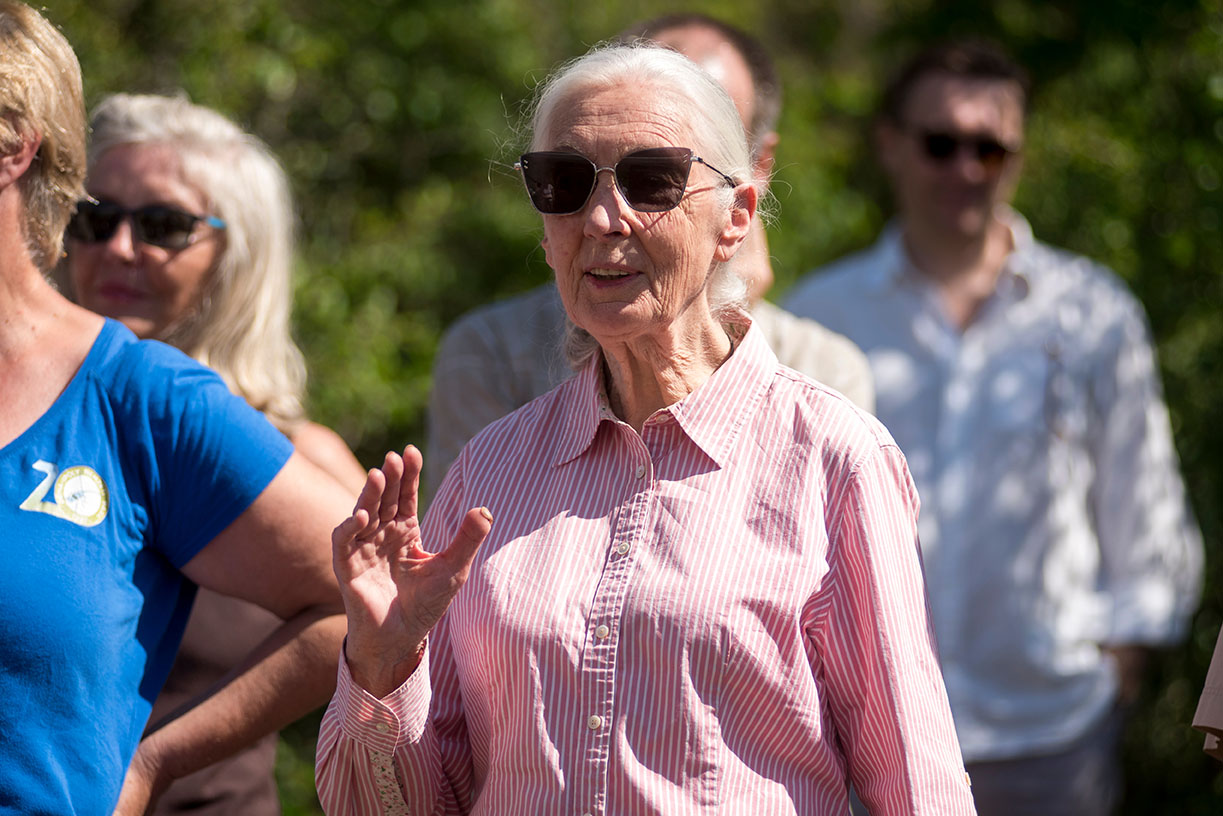

A primatologist is a scientist who studies primates. Primatologists use a variety of methods to study primates, including:
Primatologists play an important role in understanding primates and the threats they face. They use their research to help protect primates and their habitats.
The primatologist studied the behaviour of chimpanzees in the wild.

Noun: a scientist who studies primates.
Adjective: relating to primatology.
The word "primatologist" is made up of the word "primate" and the suffix "-ologist", which means "a person who studies something".
The first recorded use of the word "primatologist" was in the 1920s.
What does a primatologist study?
Question:
Define a primatologist and explain their role in the study of primates. Provide examples of how primatologists contribute to our understanding of primate behaviour, social structures, and conservation.
Answer:
A primatologist is a scientist who specializes in the study of primates, which includes monkeys, apes, and prosimians. Their role is to observe, research, and analyze various aspects of primate behaviour, ecology, and interactions with their environment.
Primatologists contribute significantly to our understanding of primate behaviour by conducting field observations and experiments. They study social structures, communication patterns, mating behaviours, and tool use among different primate species. For example, primatologists have discovered complex social hierarchies in chimpanzee communities and the use of tools by certain primate species for various purposes.
Furthermore, primatologists play a vital role in primate conservation. Their research helps identify threats to primate populations such as habitat loss, poaching, and disease. By understanding primate behaviour and ecology, they can propose effective conservation strategies to protect these species and their habitats.